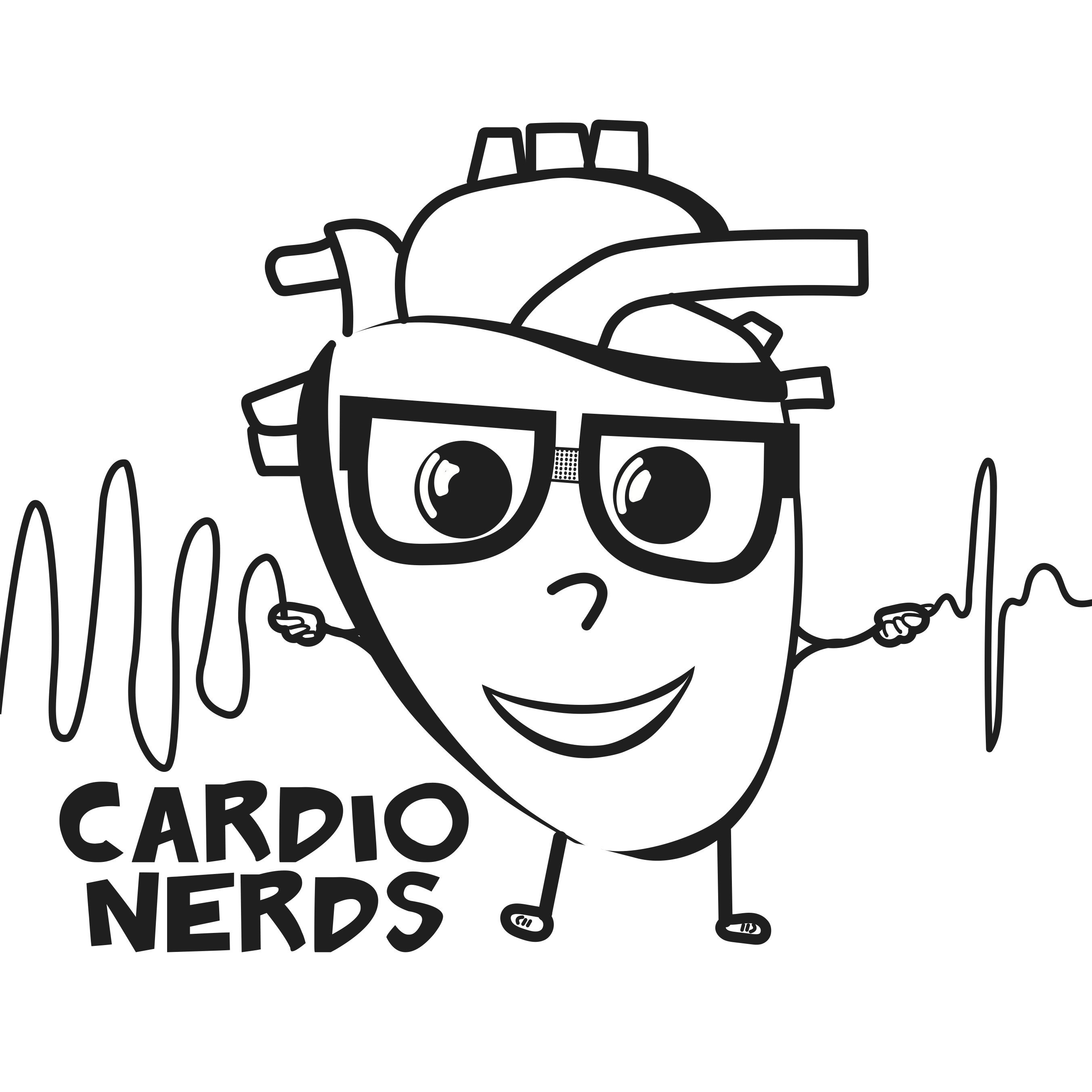- After-Shows
- Alternative
- Animals
- Animation
- Arts
- Astronomy
- Automotive
- Aviation
- Baseball
- Basketball
- Beauty
- Books
- Buddhism
- Business
- Careers
- Chemistry
- Christianity
- Climate
- Comedy
- Commentary
- Courses
- Crafts
- Cricket
- Cryptocurrency
- Culture
- Daily
- Design
- Documentary
- Drama
- Earth
- Education
- Entertainment
- Entrepreneurship
- Family
- Fantasy
- Fashion
- Fiction
- Film
- Fitness
- Food
- Football
- Games
- Garden
- Golf
- Government
- Health
- Hinduism
- History
- Hobbies
- Hockey
- Home
- How-To
- Improv
- Interviews
- Investing
- Islam
- Journals
- Judaism
- Kids
- Language
- Learning
- Leisure
- Life
- Management
- Manga
- Marketing
- Mathematics
- Medicine
- Mental
- Music
- Natural
- Nature
- News
- Non-Profit
- Nutrition
- Parenting
- Performing
- Personal
- Pets
- Philosophy
- Physics
- Places
- Politics
- Relationships
- Religion
- Reviews
- Role-Playing
- Rugby
- Running
- Science
- Self-Improvement
- Sexuality
- Soccer
- Social
- Society
- Spirituality
- Sports
- Stand-Up
- Stories
- Swimming
- TV
- Tabletop
- Technology
- Tennis
- Travel
- True Crime
- Episode-Games
- Visual
- Volleyball
- Weather
- Wilderness
- Wrestling
- Other
242. ACHD: Atrial Septal Defects with Dr. Richard Krasuski
CardioNerds (Dan Ambinder), episode lead Dr. Sarah Fahnhorst (ACHD Cardiologist at Spectrum Health in Grand Rapids, Michigan), and series co-chair Dr. Agnes Koczo (fellow at UPMC) learn about ASD from Dr. Richard Krasuski (ACHD Cardiologist and Director of ACHD at Duke University). Audio editing by CardioNerds Academy Intern, student doctor Adriana Mares An atrial septal defect (ASD) is a common congenital heart disease most often diagnosed in childhood, but initial presentation can be in adulthood. ASDs are abnormal communications between the left and the right atrium. There are four types of ASDs with different embryologic origins. If the defects are large, they will require percutaneous or surgical closure. Unrepaired defects can lead to symptoms of shortness of breath, exercise intolerance, recurrent chest infections, or pulmonary hypertension. This episode of CardioNerds will review the natural history, embryologic origin, diagnostic modalities/findings, indication for closure and long term complications of repaired and unrepaired atrial septal defects. Enjoy this Circulation 2022 Paths to Discovery article to learn about the CardioNerds story, mission, and values. The CardioNerds Adult Congenital Heart Disease (ACHD) series provides a comprehensive curriculum to dive deep into the labyrinthine world of congenital heart disease with the aim of empowering every CardioNerd to help improve the lives of people living with congenital heart disease. This series is multi-institutional collaborative project made possible by contributions of stellar fellow leads and expert faculty from several programs, led by series co-chairs, Dr. Josh Saef, Dr. Agnes Koczo, and Dr. Dan Clark. The CardioNerds Adult Congenital Heart Disease Series is developed in collaboration with the Adult Congenital Heart Association, The CHiP Network, and Heart University. See more Disclosures: None Pearls • Notes • References • Guest Profiles • Production Team

